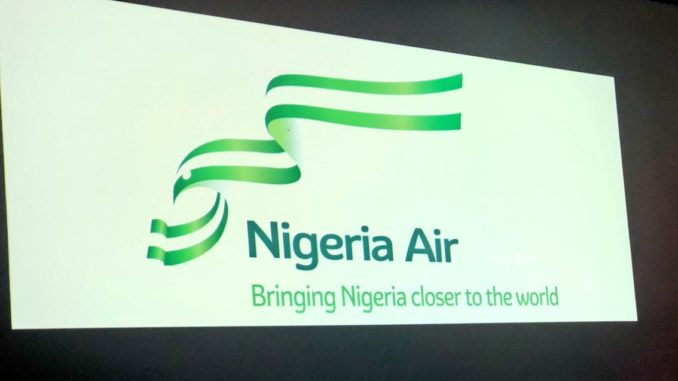
In Africa, national carriers are conceived as a strategic decision to support a sector (or the entire economy), rather than as a standalone business. So far, only Ethiopian Airlines is profitable (2014 PBT of approximately US$96m, US$276m in 2015, and US$232m in 2016). This is despite the fact that Ethiopian Airlines Corporate Level strategy is designed to support a burgeoning hospitality sector.
In its 2016 financial year, Kenya Airways (KQ) posted its largest loss ever of over US$254m, and subsequently embarked on a fire sale of some of its assets (to urgently free up US$100m cash) and a US$2bn debt restructure. Nine months pre-tax loss of its 2017/2018 financial year (March) dropped to 6.1bn shillings/US$60.6m and US$80.88m if annualised.
South African Airlines (SAA) is still bleeding; ZAR935bn loss in 2012, ZAR1,204bn loss in 2013, ZAR2,590bn loss in 2014, ZAR5,619bn loss in 2015, ZAR1,492bn loss in 2016 and ZAR5,431bn loss in 2017. SAA is expected to cut its fleet by 23 per cent particularly after Standard Chartered Bank called in its loan in June 2017 (the South African Government had to honour the ZAR2.2bn bad loan) while both Citibank and Standard Bank refused to renew their loans. The airlines’ total loan debt of ZAR19.1bn is backed by the Guarantee of the South African Government.
Rwandair is still loss-making and projected to continue to do so through 2019 I believe; however, like Ethiopian Airlines, the carrier is designed as an integral part of the country’s Meetings, Incentives, Conferences and Events (MICE) strategy and not as a standalone business. All its loans are backed by the Guarantee of the Government of Rwanda.
Royal Air Maroc (RAM) only returned to profitability (after losses in 2010 and 2011) when government agreed to cover its loss-making domestic services, the company downsized its staff, moving from 5, 372 employees in 2010 to 2,737 by 2014.
Both RAM, SAA, KQ and Rwandair are fully owned by their home governments and enjoy regular capital injections and subsidies. They are operating mainly because of other corporate level strategy considerations beyond national pride. Consequently, their host governments spend a considerable amount of national resources just subsidising their operations.
Today, the Federal Government of Nigeria is flexing its muscles over a new national carrier because oil price is above US$70. What happens if it drops to as low as US$38 per barrel? How will we sustain subsidies given that we are already groaning from fuel subsidies and the various FX subsidies? And will it even make sense to subsidise the business of a Private Public Partnership in which the Federal Government may be a minority shareholder?
In summary, it will be nice for Nigeria to have a national carrier however such a decision must be as a result of a national business imperative. Is it going to be a loss-making venture? That is almost certain given the antecedents across the region. “Are there benefits to having a national carrier?” Definitely; however, these benefits have to be articulated, quantified and constantly measured and re-measured. The overarching business imperative has to be clear. Most importantly, national pride is not a business strategy.
Dr Jekwu Ozoemene
END

Be the first to comment